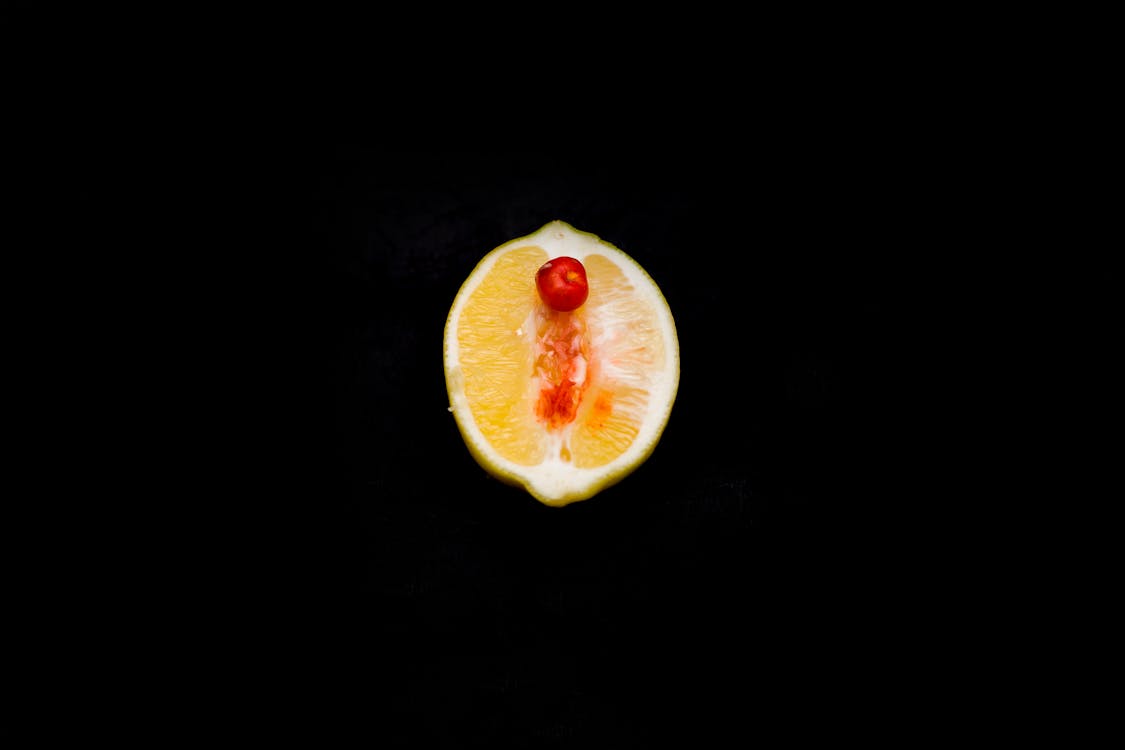
Keeping your laptop battery healthy and extending its life involves a few practices:
Optimize Charging: Avoid overcharging your laptop. Once it reaches 100%, unplug it. Some laptops have battery management software to prevent overcharging.
Avoid Extreme Temperatures: Heat can degrade battery life. Keep your laptop in a cool environment and avoid leaving it in direct sunlight or extremely hot places.
Partial Discharges: Lithium-ion batteries, commonly used in laptops, don’t have a “memory effect” like older batteries, so you don’t have to let them fully discharge before recharging. In fact, it’s better to do partial discharges rather than complete ones.
Use Battery Saver Mode: Most laptops have a battery saver mode that adjusts settings to conserve power. Enable this mode when running on battery to extend its life.
Proper Storage: If you’re not going to use the laptop for an extended period, store it with a charge between 20% and 80%. Avoid storing it fully charged or completely depleted.
Clean Battery Contacts: Periodically clean the metal contacts of the battery and the laptop to ensure a good connection, as dirt or dust can interfere with the charging process.
Reduce Background Processes: Close unnecessary applications and processes that might drain the battery unnecessarily.
Update Drivers and Software: Keep your laptop’s drivers and software updated. Sometimes, updates optimize power management.
Handle with Care: Avoid physically damaging the laptop or its battery. Treat it gently to prevent internal damage.
Avoid Deep Discharges: Try not to let your laptop battery fully discharge frequently, as this can stress the battery and reduce its lifespan.
Following these practices can help maintain your laptop battery’s health and prolong its lifespan, ensuring it continues to hold a charge effectively over time.












